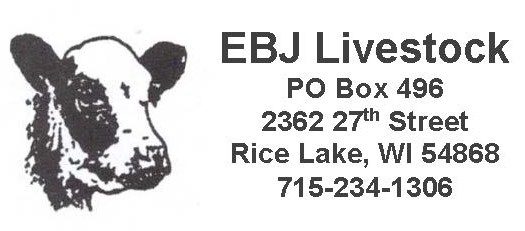Whatever it was, my decision to buy a package of organic frozen berries last spring didn’t come with any expectations that I would end up receiving a hepatitis A shot.
Unfortunately, that’s exactly what happened after a few weeks of berry smoothies.
Shortly after buying the berries at a local Costco, I was standing in line at the retailer’s pharmacy department wondering if I would have to take a shot in the arm or in the shorts.
In this case, the frozen blend of berries came from an Oregon company but included berries from a variety of countries. The CDC said the strain probably came from an outbreak unusual to America.
For the record, this was the first instance I’ve ever bought food that ended with a stick of the needle. But when my vaccination was through, I couldn’t help be somewhat more curious about a few details related to the whole episode.
For starters, foodborne illnesses are no laughing matter. The Costco frozen berries were linked to a hepatitis A virus outbreak that resulted in 162 people becoming ill, 71 of them hospitalized, according to the Centers for Disease Control and Prevention.
Yet the speed that the producer, Costco and the CDC all used to recall the product, notify consumers and provide necessary vaccination was all pretty impressive.
In my case, I got phone calls, emails and letters alerting me to the health emergency and telling how to get a free vaccination. Now, wvery time I hear someone criticizing how inept our country is in monitoring food safety, I tend to laugh.
Second, that premium you pay for with the label of “organic” or “natural” can be a fig leaf covering the same food safety issues seen in traditional or conventional food production methods.
Anyone buying an organic product thinking it’s immune from food safety concerns is blatantly naïve.
Most curious to me is whether a recall and virus outbreak like this one would be different with a meat product. In 2013, there were 40 recalls issued on meat products by the USDA’s Food Safety and Inspection Service.
How many of them resulted in illnesses and hospitalizations, I cannot say. But if a vaccine were required for eating a burger rather than berries or spinach, I’d venture to guess that we’d never hear the end of it.
For those reasons the CDC and USDA continue to promote programs to improve food safety and reduce foodborne illness – and for beef that effort starts with beef quality assurance.
Beef producers know the best practices they adopt secure the brand and quality of meat and build credibility with today’s producers.
This month’s issue delivers a wealth of BQA topics showing not just that best practices are worth pursuing not only for our good – but the customer’s as well. That’s a dose of prevention we can all feel good about. ![]()








